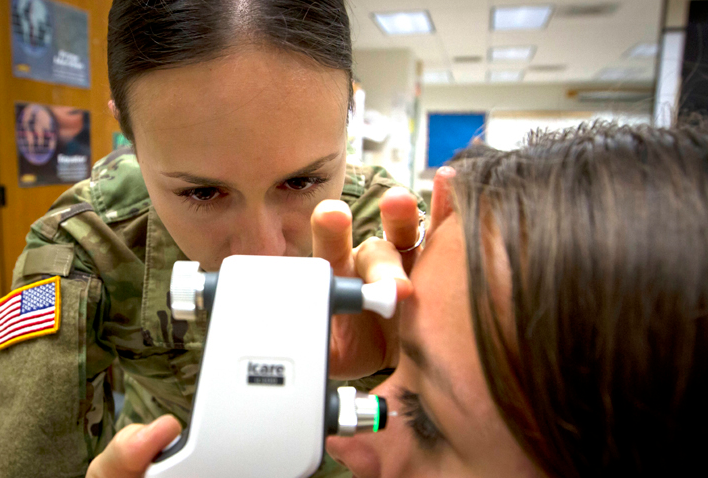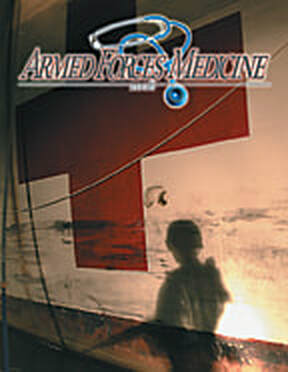Free Subscriptions: |
Editorial Contribution:If you or one of your colleagues would be interested in submitting editorial for an upcoming edition, please contact: [email protected]
|
Contact us by telephone 813-286-8444 or email [email protected]
|
|
© 2024 Capital Publishing Inc - All Rights Reserved
|



